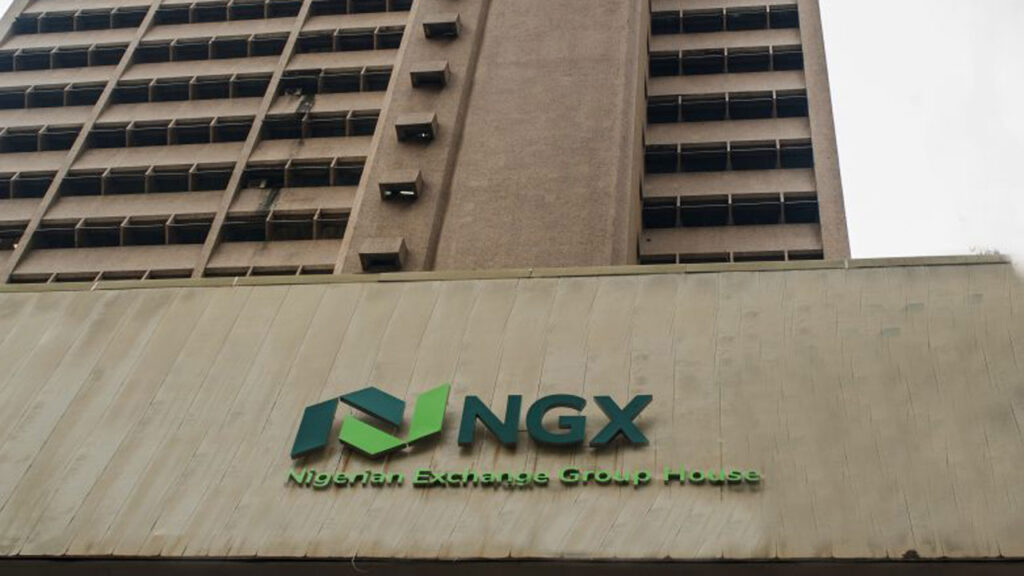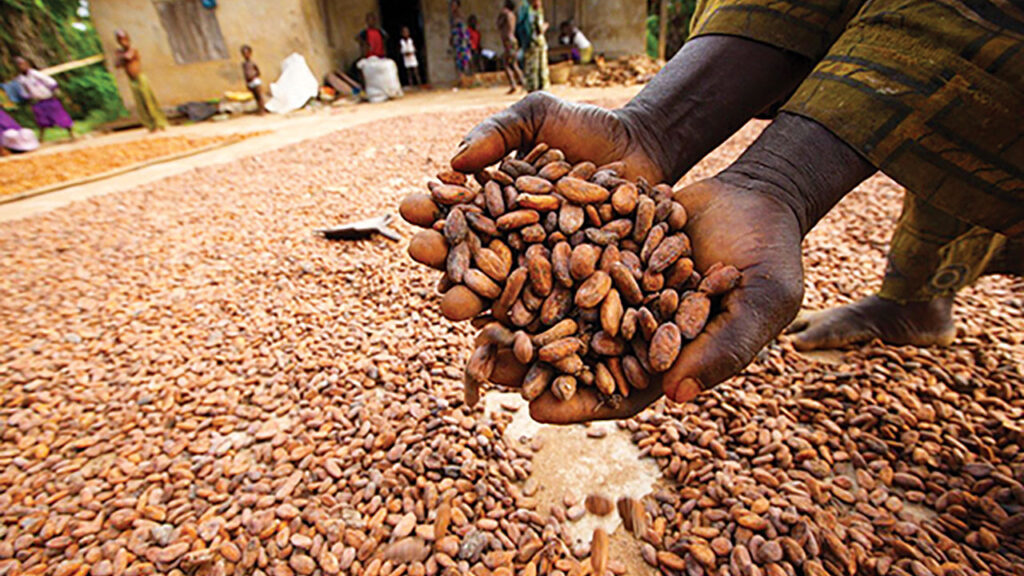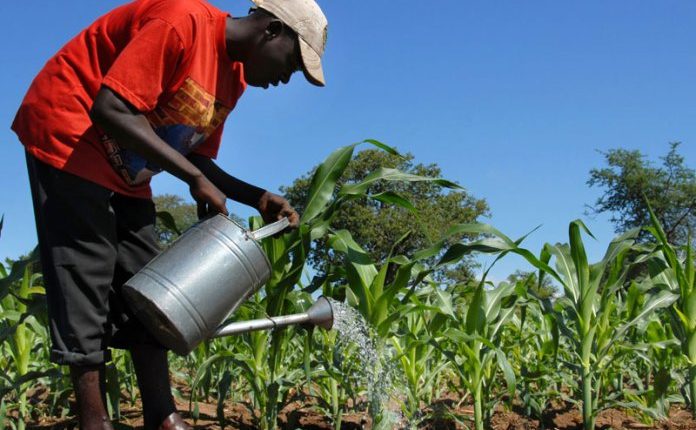
Just last week, President Bola Tinubu suspended some tax measures, to address concerns of multiple and over-taxation raised by manufacturers and stakeholders, which they said is suffocating the productive sector.
The President’s first executive order, the Finance Act (Effective Date Variation) Order 2023, deferred the implementation of changes outlined in the Act from May 23, 2023, to September 1, 2023. By extending the effective date, the government ensures compliance with the stipulated 90-day advance notice for tax changes. This decision provides manufacturers and other stakeholders some time to adjust operations and align finances accordingly.
The second executive order signed was the Customs, Excise Tariff (Variation) Amendment Order, 2023. Originally scheduled to take effect from March 27, 2023, the changes will now be implemented from the first of next month. Another tax suspended is the five per cent excise tax on telecommunication services and the newly introduced Green Tax, an Excise Tax on Single Use Plastics (SUPs).
This, the presidency said, is to stimulate economic growth, encourage investment, assist locally manufactured products, boost domestic industries so they can compete effectively and contribute to job creation.
The measures may alleviate the financial strain on businesses and have a ripple effect on households. But with so many other factors at play, including rising costs of doing business, inflation, subsidy removal effects, high energy costs, FX scarcity and so on, the suspension of the taxes may still not have much effect on the skyrocketing prices of goods and services.
Speaking with The Guardian, the Director General of the Manufacturers Association of Nigeria (MAN), Segun Ajayi-Kadir, lauded the suspension of the taxes, adding that the immediate past administration revised upwards, the excise duty in the 2023 fiscal policy measure without any impact assessment and adequate consultation with industry players; contradicting government’s commitment to maintaining policy stability to boost investments and enhance business confidence in the manufacturing sector.
“We indicated that the policy is an additional burden too high to bear, as we were also struggling with low patronage, high borrowing costs and huge energy costs in a highly inflationary environment.”
He added that the suspension has relieved their anxieties and removed a looming clog in operations and productivity. “We expect that Customs will stand down the requirements for compliance with the excise escalation and the registration for the green tax.”
He urged the government to pursue dialogue and engagement with them to improve the manufacturing environment and the economy saying that the pursuit of tax increments on already tax-burdened industries is inimical to the growth of the manufacturing sector and not in the overall interest of the citizens who are the ultimate consumers.
Also commending the suspension, the Director, Centre for The Promotion of Private Enterprise, (CPPE) Dr. Muda Yusuf, said this demonstrates the sensitivity of the present administration to the predicament of the manufacturing sector amid overwhelming headwinds and hassles to real sector activities in the Nigerian economy. Regretting that the sector’s growth slowed to 1.6 per cent in the first quarter of 2023, from 2.8 per cent in the fourth quarter of 2022 having contracted by 1.9 per cent in the third quarter of 2022, he said it contributes less than 10 per cent to the Gross Domestic Product (GDP) in the first quarter of 2023.
“Even with this suspension, we must remember that the sector is still grappling with huge problems including depreciation in the exchange rate, intense pressure on the cost of production arising from numerous structural bottlenecks and weak purchasing power amid intense inflationary pressures and recent fuel subsidy removal. Many manufacturers are currently struggling with unfair competition, especially from products imported from Asia, which have flooded the Nigerian market, largely because of the porosity of the borders and are often much cheaper than goods produced locally. Energy costs also remain high and the cost of logistics has continued to rise.”
Urging the government to rethink its decision to undertake Value Added Tax (VAT) collection in the informal sector, he said the economics of collection does not support the move. “Over 98 per cent of the informal sector traders are microenterprises who do not fall within the threshold of entities that are liable for VAT payment. Also, the informal sector associations are highly fragmented and most informal sector operators have not recovered from the shocks of the fuel subsidy removal and associated inflationary impact. Also, most informal sector operators have no records, which could be used for purposes of assessment, but most importantly, most informal sector players are already paying all manner of levies to local governments and several non-state actors. The government need not burden them with additional taxes.”
He urged the government to think of more creative ways of taxing the informal sector players in more cost-effective ways that will be less disruptive and with minimal political cost.
On his part, the Director General, the Nigerian Employers’ Consultative Association (NECA) Adewale-Smatt Oyerinde, said the suspension stopped many small businesses from total collapse. He added that the window would allow businesses to constructively dialogue with the government on some of the defects of the 2023 Finance Act.













